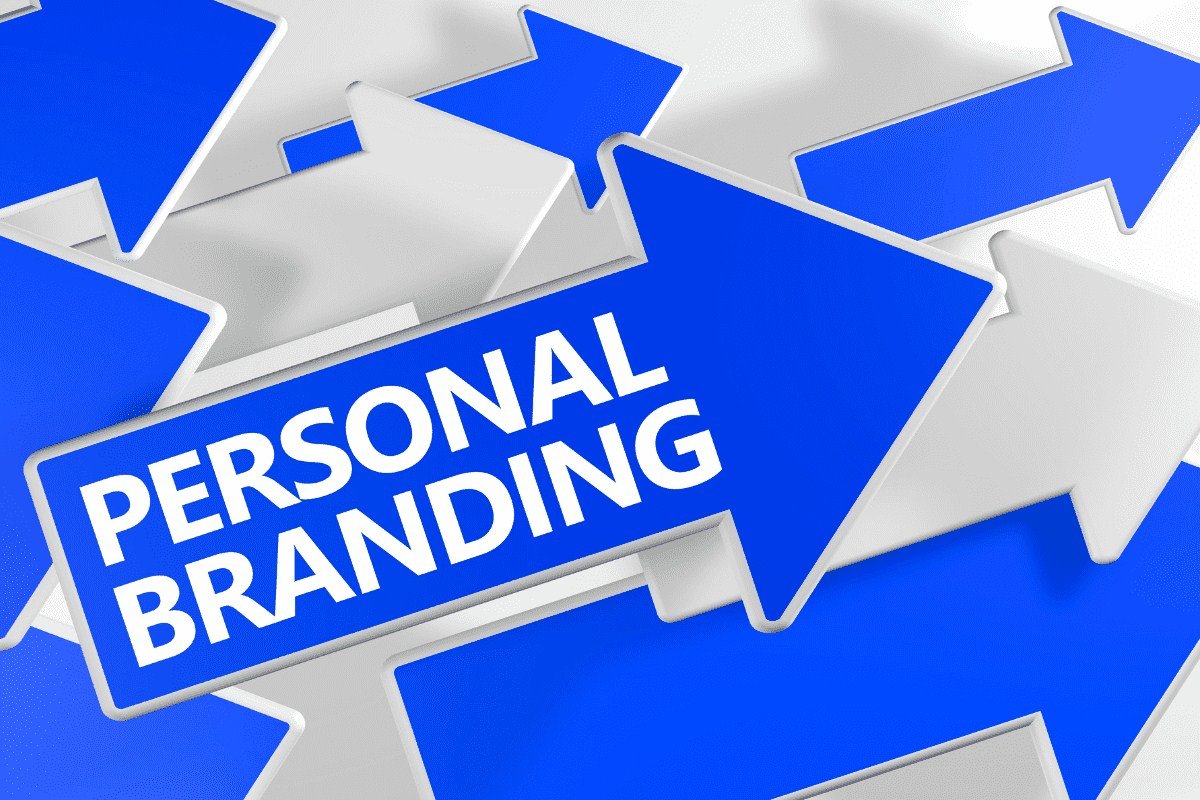The Power of Personal Branding in Career Advancement

Personal branding has emerged as a powerful tool in today’s competitive job market and professional landscape. In an era where individuals are connected globally and opportunities are abundant, establishing a strong personal brand can significantly impact career advancement. This article explores the power of personal branding in career advancement, strategies to develop personal branding, overcoming challenges, and success stories, and provides insights into its true potential.
Read More: The Importance of Work-Life Balance for Career Satisfaction
Understanding Personal Branding
Personal branding refers to the process of crafting and promoting an individual’s unique identity, expertise, and value proposition to differentiate themselves from others. It involves establishing a distinct and authentic personal brand that resonates with the target audience, and positioning oneself as an authority or thought leader in a specific field or industry.
Benefits of Personal Branding in Career Advancement
Increased Visibility and Recognition
A well-defined personal brand helps professionals stand out in a crowded marketplace. It enhances visibility and increases the chances of being noticed by potential employers, clients, or collaborators. When individuals consistently communicate their expertise and unique value proposition, they become more recognizable, leading to increased opportunities for career advancement.
Enhanced Professional Reputation
A strong personal brand builds a positive reputation within the industry. By consistently delivering value, sharing insights, and showcasing expertise, professionals can establish themselves as trusted authorities in their respective fields. A favorable reputation opens doors to new career prospects, partnerships, and collaborations.
Improved Networking Opportunities
Personal branding facilitates networking and fosters valuable connections. When individuals build a strong personal brand, they attract like-minded professionals, mentors, and industry influencers. These connections can offer guidance, support, and access to opportunities that might not be available otherwise.
Career Growth and Advancement
Personal branding plays a crucial role in career growth and advancement. When professionals effectively communicate their skills, achievements, and expertise, they become more desirable to employers or clients. A strong personal brand can lead to promotions, salary increases, or even entrepreneurial ventures.
Building Trust and Credibility
A well-established personal brand cultivates trust and credibility. When professionals consistently demonstrate their expertise, deliver on promises, and maintain authenticity, they build a loyal following. Trust and credibility are essential factors in career advancement as they create a strong foundation for professional relationships and future opportunities.
Strategies to Develop and Enhance Personal Branding
To develop and enhance personal branding effectively, consider the following strategies:
Identify Your Unique Value Proposition
Define what sets you apart from others in your industry. Identify your unique strengths, skills, and experiences that contribute to your professional value. Understanding your unique value proposition will help you establish a clear and authentic personal brand.
Define Your Target Audience
Identify your target audience or ideal employers/clients. Understand their needs, challenges, and aspirations. Tailor your brand messaging and content to resonate with this specific audience, positioning yourself as the solution to their problems.
Craft a Compelling Personal Brand Statement
Create a concise and impactful personal brand statement that encapsulates your expertise, values, and goals. This statement should communicate your unique selling points and establish a strong first impression.
Build an Online Presence
Establish a professional online presence through a personal website or blog. Showcase your work, share insights, and demonstrate thought leadership through regular content creation. Optimize your online profiles to align with your brand.
Utilize Social Media Platforms
Leverage social media platforms such as LinkedIn, Twitter, or Instagram to amplify your brand. Engage with relevant communities, share valuable content, and connect with industry professionals. Use these platforms strategically to expand your network and increase visibility.
Network and Collaborate
Actively engage in networking activities both online and offline. Attend industry events, conferences, or meetups to connect with professionals in your field. Seek collaboration opportunities, guest posting, or speaking engagements to further establish your brand.
Continuous Learning and Skill Development
Invest in continuous learning and skill development to stay relevant and enhance your brand. Acquire new certifications, attend workshops or webinars, and seek feedback to continuously improve your skills and expand your knowledge.
Overcoming Challenges in Personal Branding
Building a personal brand comes with its own set of challenges. Here are some common challenges and ways to overcome them:
Authenticity vs. Perception
Balancing authenticity with the desired perception can be challenging. While it’s essential to be genuine to oneself, it’s also important to align the personal brand with the intended image or professional goals. Strive for authenticity while maintaining a consistent and aspirational personal brand.
Consistency and Long-Term Commitment
Developing a personal brand requires consistency and long-term commitment. Building a reputable personal brand doesn’t happen overnight; it requires regular effort, engagement, and nurturing. Stay committed to consistently delivering value and maintaining your brand message.
Dealing with Criticism and Negative Feedback
As a personal brand grows, it may attract criticism or negative feedback. It’s crucial to handle criticism gracefully and use it as an opportunity for improvement. Address concerns, take feedback constructively, and continue focusing on providing value to your audience.
Success Stories: Personal Branding in Action
John Doe – From Unknown to Industry Influencer
John Doe, a young professional in the tech industry, utilized personal branding to establish himself as an industry influencer. Through consistent content creation, active engagement on social media, and participation in relevant industry events, John built a strong personal brand. His expertise and thought leadership led to speaking engagements, media features, and eventually a senior leadership position at a renowned tech company.
Jane Smith – Leveraging Personal Branding for Promotion
Jane Smith, a marketing professional, used personal branding to secure a promotion within her organization. She leveraged her brand to showcase her strategic thinking, innovative ideas, and results-driven approach. Her brand positioned her as a valuable asset to the company, leading to her promotion to a senior managerial role.
Read More: Unlocking Your Potential: Personal Development for Career Growth
Conclusion
Personal branding holds immense power in career advancement. By crafting a distinct and authentic personal brand, professionals can enhance their visibility, reputation, and networking opportunities. Implementing effective strategies, overcoming challenges, and leveraging success stories can pave the way for professional growth and success.
FAQs
How long does it take to build a personal brand?
Building a personal brand is a continuous process that takes time and effort. It may take several months or even years to establish a strong personal brand.
Is personal branding only relevant for entrepreneurs?
No, personal branding is relevant for professionals in all fields and industries. It helps individuals stand out, enhance their careers, and seize new opportunities.
Can personal branding help in changing careers?
Absolutely. A well-developed personal brand can showcase transferable skills and expertise, making a career transition smoother and opening doors to new opportunities.
What are some common mistakes to avoid in personal branding?
Some common mistakes to avoid in personal branding include inconsistency in messaging, lack of authenticity, neglecting online presence, and ignoring feedback from the audience.
Should I focus more on online or offline personal branding?
Both online and offline personal branding are important. While online presence allows for global reach and networking, offline activities like attending events and conferences provide valuable face-to-face connections. Balancing both approaches can maximize the impact of personal branding efforts.







